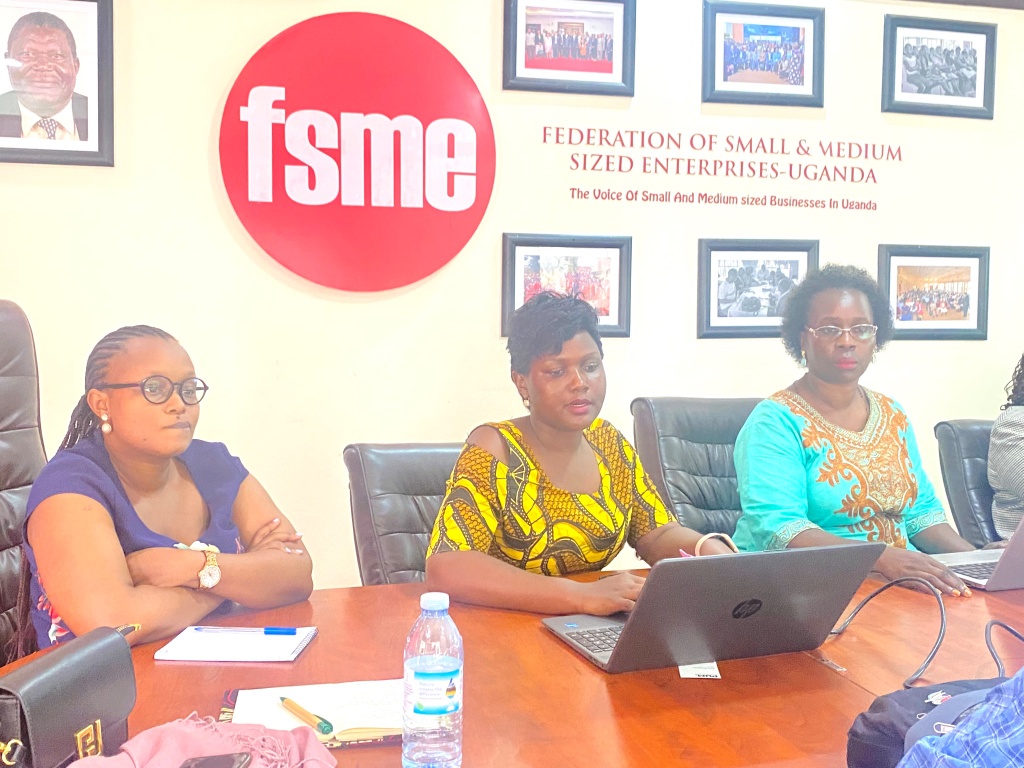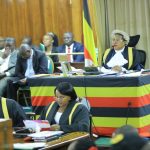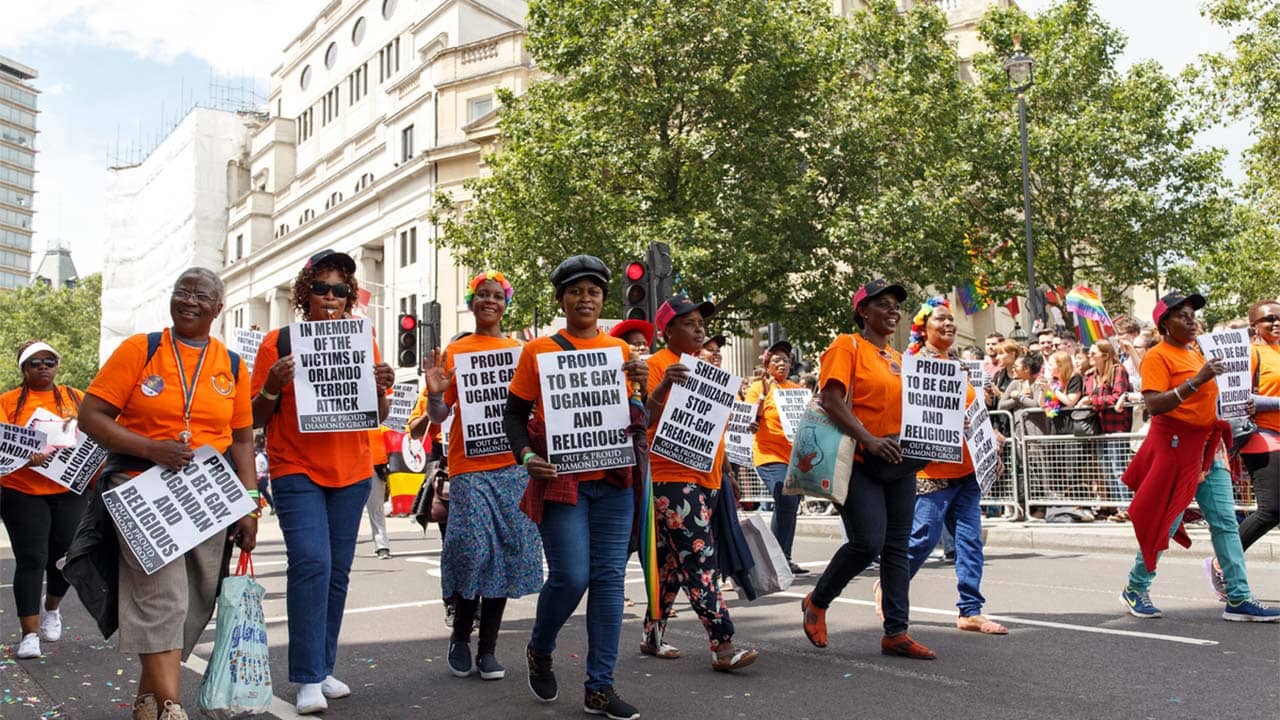About 100 small business owners in Luweero District have received smartphones under a new government initiative aimed at promoting digital literacy and improving market accessibility. The smartphone distribution, held on September 5, 2024, was overseen by Luweero Deputy Resident District Commissioner, Doreen Annie Nabukenya, at Africa Guest House in Luweero town.
The smartphones were part of a pilot scheme implemented by the Uganda Communications Commission (UCC) in collaboration with the Federation of Small and Medium-sized Enterprises (FSME). This initiative aims to assist small businesses by providing affordable digital tools, which can help them grow and reach new markets.
The highly subsidized phones, valued at over UGX 500,000, were given to business owners for just UGX 50,000. According to the scheme’s organizers, the low price is intended to encourage business owners to take ownership of the devices and use them to transform their operations.
For many beneficiaries, this was their first time owning a smartphone. Nalule, a salon owner, expressed her excitement, saying, “The phone I have got will help me grow my salon business by posting the services I offer on social media platforms. This is my first smartphone.” Nalule plans to routinely showcase her hairstyles online to attract more clients.
Nabukenya praised the initiative, saying, “I want to thank the government through UCC and FSME for uplifting our small businesspeople in Luweero. Giving them these smartphones at only UGX 50,000 is really amazing.” She urged the beneficiaries to use the phones not only for their businesses but also to access other government programs, such as the Parish Development Model (PDM).
The distribution of the phones is part of a broader Memorandum of Understanding signed between UCC, through the Uganda Communication Universal Service Excess Fund (UCUSF), and FSME in 2018. The agreement aims to implement a digital literacy campaign for micro, small, and medium-sized enterprises (MSMEs).
FSME Executive Director John Walugembe explained that the program addresses several challenges small business owners face, particularly a lack of digital literacy and limited access to modern smartphones. “Many business owners still use old feature phones and do not know how to use digital tools,” Walugembe noted. The campaign seeks to help MSMEs understand and harness the opportunities offered by information and communication technology (ICT), focusing on basic digital skills that can improve their operations.
A 2015 study by FSME found that only 9% of the 300 businesses surveyed had their contacts listed online, and only 6% had ever advertised online. Additionally, only 22% of respondents had basic computer knowledge, while 73% acknowledged that digital illiteracy was hindering their businesses. This data highlighted the need for interventions like the smartphone subsidy and digital literacy programs.
The digital literacy campaign, which has so far trained over 9,000 MSMEs in Uganda, targets a wide range of business sectors, including tailoring, hairdressing, mechanics, metal fabrication, and carpentry. In 2024 alone, the scheme aims to distribute 2,720 smartphones, with a goal of reaching 60,000 small business owners over the next three years.
Under the program, the government contributes 50% of the cost of each smartphone, with FSME covering the remaining amount. The UGX 50,000 paid by the business owners is meant to ensure they feel a sense of ownership and responsibility for the devices. “We do not want them to sell the phones. The contribution encourages them to use the phones to grow their businesses,” Walugembe said.
The initiative is part of a broader government effort to promote digital transformation across Uganda. According to ICT and National Guidance Minister, Dr. Chris Baryomunsi, the government is committed to supporting programs that integrate technology into various sectors. “Digitalizing business operations makes services more efficient and accessible,” Baryomunsi said, noting that small business owners could now order supplies online without having to travel.
The government has also made significant progress in expanding the country’s digital infrastructure, with the national backbone network now covering 65% of Uganda. “We hope to cover the entire country within the next two years,” Baryomunsi added. The government’s digitalization efforts extend beyond the private sector, as citizens can now access various services online, including passport applications, driving permits, and national identity cards.
The ICT sector is a rapidly growing part of Uganda’s economy, contributing 9% to the country’s Gross Domestic Product (GDP) and growing at an average rate of 14.8% annually.
| Digital Literacy Indicator | Before 2015 (%) | Post-Training (%) |
|---|---|---|
| Businesses with online contacts | 9% | Not yet available |
| Business owners with computer skills | 22% | Not yet available |
| Businesses advertising online | 6% | Not yet available |
| Businesses acknowledging digital illiteracy as a challenge | 73% | Not yet available |




















